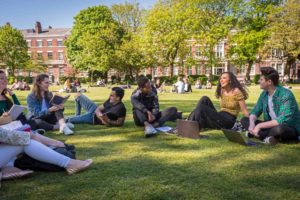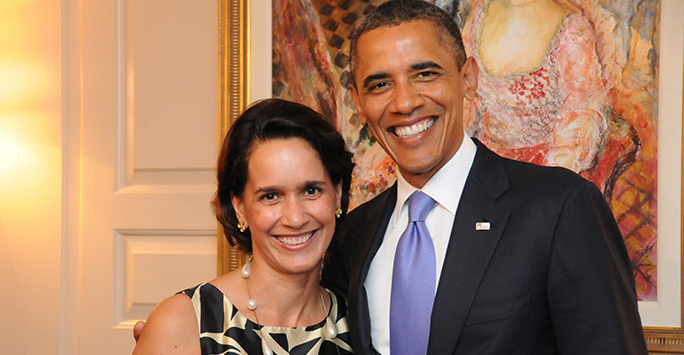Our programmes are empowering, engaging and make you employable. Our Employability team offer specialist advice and support with work placements, professional mentoring, employability-focused activities and the HEAR award. Students can also gain invaluable experience at Liverpool Law Clinic, assisting in-house, qualified lawyers provide free and confidential legal advice to members of the public. You will develop a range of social scientific, analytic and communication skills and a variety of transferable skills valued by many employers in a range of industries (e.g. legal sector, media organisations, local government and charitable organisations, the criminal justice system and commercial and financial service sectors).
The majority of our graduates enter the legal profession. However, any degree which incorporates law is recognised as a mark of academic excellence in virtually all employment spheres. Past graduates have embarked on a wide variety of professions; for example, in the civil service, banking, construction, charities and international non-governmental organisations, business management, academia, the armed forces, accounting and finance, and the police and emergency services.
Recent employers
- AON Ltd
- Eversheds
- Linklaters
- DLA Piper
- Santander UK Plc
- Bank of England
- Merseyside Police
- HM Prison Service
- Shell
- TikTok
- Netflix
- BBC
Work experience opportunities
We organise regular careers events and routinely play host to law firms who wish to come and meet our students. There is an annual law fair, giving students the opportunity to meet future legal employers. Academic staff in the Law School and Careers & Employability also offer invaluable careers advice and support. Every year, our students become members of the Inns of Court, secure scholarships for vocational training, and obtain vacation placements, training contracts, and mini-pupillage opportunities from a range of providers.
Undergraduate students can develop their legal skills through a number of extracurricular activities, including mentoring by members of the legal profession, mooting and negotiation competitions, court marshalling and legal visits to firms or public courts. The University has four student legal societies which cater for the diverse career trajectories of our students and host lively extracurricular and enrichment activities.
We also help our students to take advantage of work experience placements with organisations like the Citizens’ Advice Bureau, Asylum Link, Merseyside Welfare Rights, and other pro-bono service providers.
We broker a range of placement opportunities, typically offering students the chance to spend two or three weeks during the vacation period working within an international law firm or alongside in-house lawyers in major commercial companies. We also offer the option to spend a year in China as an addition to your standard law degree programme, which we offer to students on a competitive basis.
The Law Clinic gives many students their first taste of professional practice: students work under the supervision of a lawyer, meeting clients, researching legal problems, and drafting advice. Confidentiality, clear communication, and client satisfaction are all emphasised as essential elements of the Clinic’s service. This helps students experience the practical aspect of law whilst contributing towards their degree through the completion of practically-assessed modules.
Postgraduate opportunities
Typical courses studied by graduates from this programme:
- Bar professional training course (BPTC)
- Legal practice course (LPC)
- LLM (Master of Laws)
- PhD (Doctor of Philosophy)
- Social Research Methods MA
- Criminology Research MRes
- Social Research MRes









